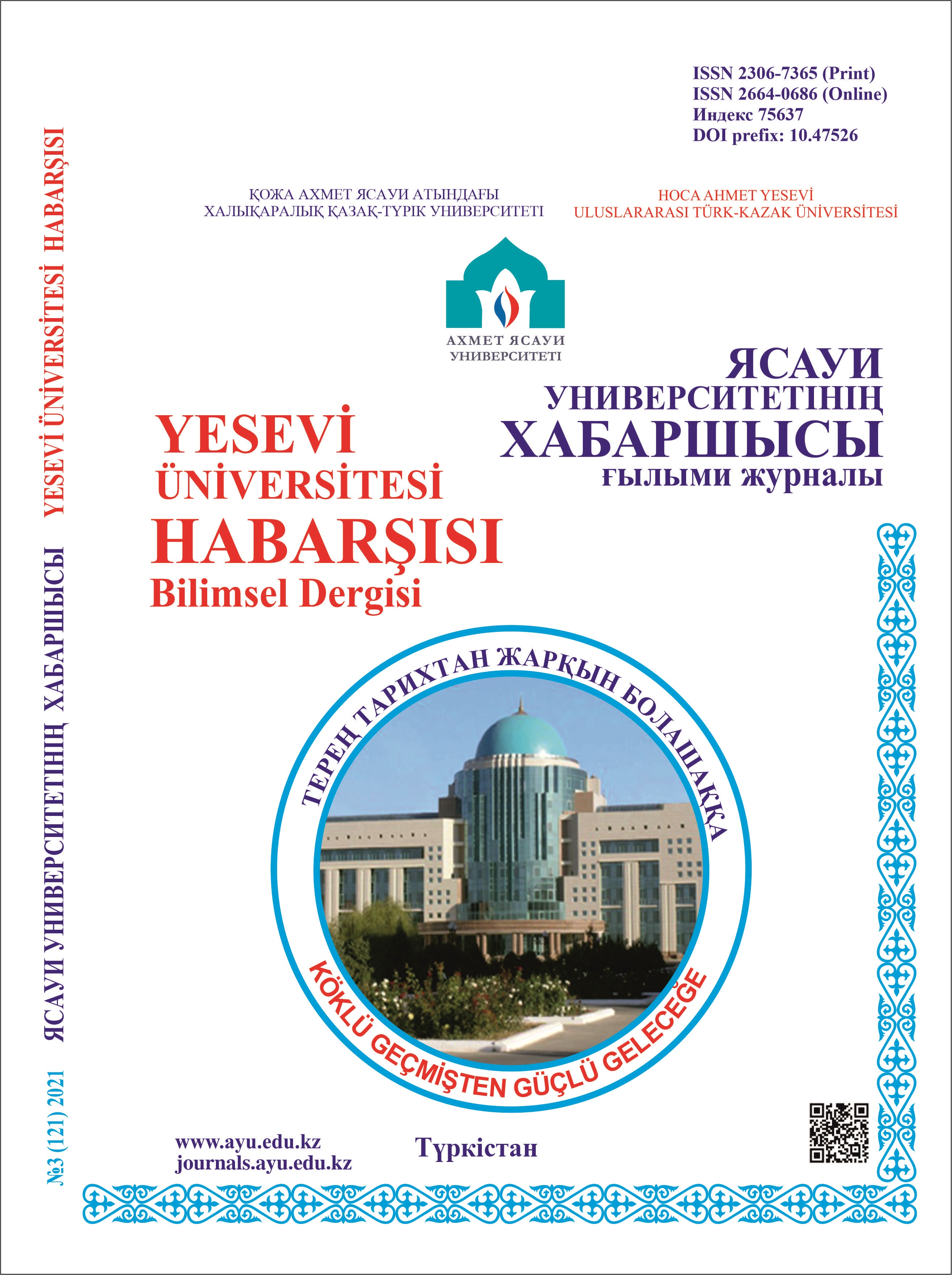Shaping and Developing Graded Fiction Readers: A Literature Review
162 109
Keywords:
graded readers, fiction, language teaching, history of graded readers, literature review.Abstract
This study presents a systematic literature review dedicated to analyzing the history, development, and pedagogical applications of adapted fiction in language instruction. The review focuses on examining the origins of graded readers texts, their historical evolution, and their application in language teaching. Conducted in accordance with PRISMA criteria, the study ensures transparency and rigor in source selection and analysis. The literature review used academic databases such as Scopus, Web of Science, JSTOR, and Google Scholar, with a primary emphasis on publications in English. The selection criteria prioritized peer-reviewed articles, book chapters, and conference proceedings, while excluding non-academic sources unrelated to adapted literature or language teaching. Thematic analysis was used to analyze the data.
The findings highlight the critical role of adapted literature in language learning, particularly in facilitating comprehension, enhancing vocabulary acquisition, and promoting cultural understanding. The review also identified significant issues, such as content simplification and the limited availability of resources for less commonly taught languages. While adapted literature proves to be a valuable resource in language instruction, the study revealed several existing gaps that require further attention.
References
ПАЙДАЛАНЫЛҒАН ӘДЕБИЕТТЕР ТІЗІМІ
Gavioli L., Aston G. Enriching reality: language corpora in language pedagogy // ELT Journal. – 2001. – Vol. 55, №3. – P. 238–246.
Fareh S. et al. Integrating Literature into Teaching the Language Arts // International Journal of Arabic-English Studies (IJAES). – 2022. – Vol. 22, №2. – P. 2022. – P. 65–82.
Swan M. A critical look at the Communicative Approach (1) // ELT Journal. – 1985. – Vol. 39, №1. – P. 2–12.
Agustín Llach M.P. Teaching Language Through Literature: The Waste Land in the ESL Classroom // ODISEA. Revista de estudios ingleses. – 2017. – №8. – P. 7–17.
McCloskey M. Lou. Literature for Language Learning // ESL Magazine. – 1998. – Vol. 1, №6. – P. 14–17.
Rodrigo V. Graded Readers: Validating Reading Levels across Publishers // Hispania. – 2016. – Vol. 99, №1. – P. 66–86.
Moher D. et al. Preferred reporting items for systematic reviews and meta-analyses: the PRISMA statement // PLoS Med. – 2009. – Vol. 6, №7. http://dx.doi.org/10.1016/j.jclinepi.2009.06.005
Braun V., Clarke V. Using thematic analysis in psychology // Qual Res Psychol. – 2006. – Vol. 3, №2. – P. 77–101.
Nowell L.S. et al. Thematic Analysis: Striving to Meet the Trustworthiness Criteria // Int J Qual Methods. – SAGE Publications Inc., 2017. – Vol. 16, №1. http://dx.doi.org/10.1177/1609406917733847
Nation I.S.P. Learning Vocabulary in Another Language. – Cambridge University Press, 2001. – 477 p. https://doi.org/10.1017/CBO9781139524759
Hill D.R. Graded readers in English // ELT Journal. – 2008. – Vol. 62, №2. – P. 184–204.
Krashen S.D. Principles and Practice in Second Language Acquisition. – University of Southern California, 1982. – 201 p.
North B. The CEFR in Practice. – Cambridge University Press, 2014. – 286 p.
Widdowson H.G. Teaching Language as Communication. – Oxford University Press, 1978. – 180 p.
Day R., Bamford J. Extensive Reading in the Second Language Classroom. – Cambridge University Press, 1998. – 238 p.
Byram M. Teaching and Assessing Intercultural Communicative Competence // Teaching and Assessing Intercultural Communicative Competence. – 2nd edition. – Multilingual Matters, 2021. – 200 p.
McLean S., Rouault G. The effectiveness and efficiency of extensive reading at developing reading rates // System. – 2017. – Vol. 70. – P. 92–106.
Waring R. Why Extensive Reading should be an indispensable part of all language programs // The Language Teacher. – 2006. – Vol. 30, №7. – P. 44–47.
Tickoo M.L. Simplification: Theory and Application. – Southeast Asian Ministers of Education Organization. Regional Language Centre, 1993. – 254 p.
Collie J., Slater S. Literature in the Language Classroom: A Resource Book of Ideas and Activities. – Cambridge University Press, 1987. – 274 p.

